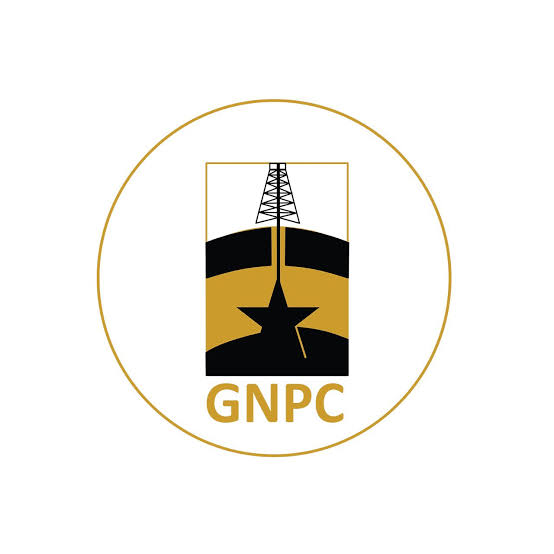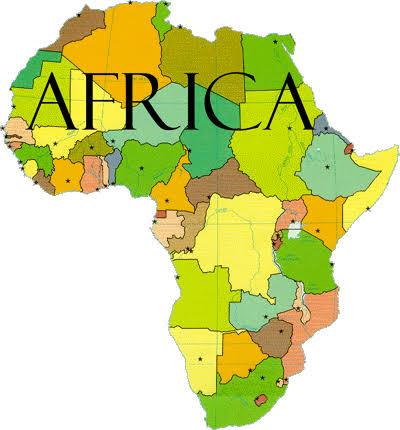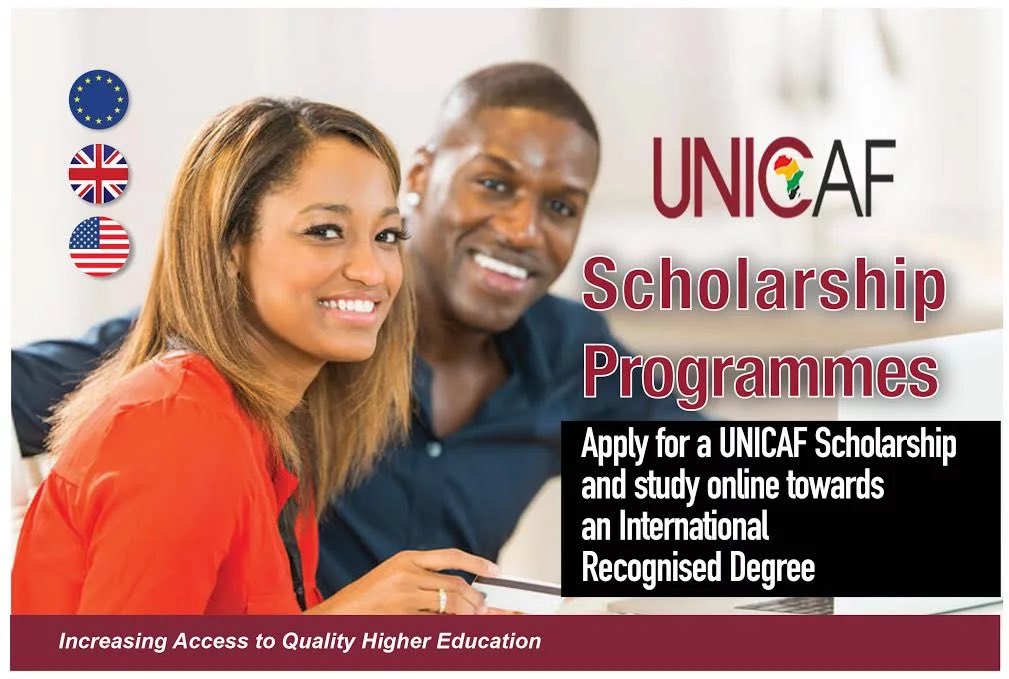ADVERTISEMENT
What is the Erasmus Mundus Scholarship?
The Erasmus Mundus Scholarship is a very prestigious program that provides free full funding to international students to study Masters and Doctoral degrees together in multiple European countries. It’s mainly aim is to foster exchange of learning and cultural exchange, it allows students study in different countries while sharing high quality education.
Established in 2004 by the European Commission, Erasmus Mundus wants to stir higher education quality with international cooperation and mobility. This program enhances linkage between European universities and important global players, widens understanding of diverse cultures and endows students with competitive market skills needed internationally.
Why Choose the Erasmus Mundus Scholarship?
This scholarship offers incredible benefits that make it one of the most sought-after funding opportunities for international students:
Financial Coverage
Students are granted a financial coverage on all participation costs, installments costs, a contribution to travel and also monthly allowances of €1,000–€1,500 for living costs
ADVERTISEMENT
Study in Multiple Countries
Experience two or more international destinations during your degree, gaining diverse cultural and academic exposure.
World-Class Education
Learn from top European universities and benefit from cutting-edge research and teaching methods.
Global Networking Opportunities
Connect with an extensive alumni network, increasing your career prospects worldwide.
Boost Your Employability
Graduates from Erasmus Mundus programs are highly valued by international employers and research institutions.
Erasmus Mundus Scholarship: Eligibility Criteria
Erasmus Mundus is open to students from all over the world, but to qualify, you must meet specific academic and language requirements.
1. Academic Qualifications
A bachelor’s degree: Relevant in any field you’re applying for. If you’re in your final year, you can still apply, but you must graduate before the program starts.
A strong academic record: While there’s no universal GPA requirement, some programs expect at least a second-class upper (2:1) or equivalent.
Work experience: Although is not always required, but it can strengthen your application. If you’ve done internships, research projects, or voluntary work related to your field, be sure to highlight them.
2. Language Proficiency
English-taught programs require an IELTS (6.5–7.5), TOEFL, or an equivalent English proficiency test. Some universities accept proof of prior education in English.
Some programs may also require proficiency in other languages like French, Spanish, or German, depending on the universities involved.
3. Nationality Requirements
Erasmus Mundus welcomes applicants from every country, with special funding available for students outside Europe.
If you’re from a non-European country, you might qualify for higher scholarship amounts, as the EU prioritizes global participation.
Some programs reserve seats for students from specific regions, particularly from developing nations. This ensures a diverse cohort and equal opportunities for students worldwide.
4. Mobility Requirements
Studying in one country isn’t enough, you must be willing to relocate to at least two different Erasmus Mundus partner countries during the program. This means packing your bags every semester or year, embracing new cultures, and adapting to different academic environments.
If you’re a non-European applicant and have lived in Europe for more than 12 months in the past five years, you may not qualify for certain scholarship categories.
5. Additional Documents
A compelling motivation letter that explains not just why you want this program, but what you’ll bring to the Erasmus community.
Two recommendation letters from professors, employers, or mentors who can vouch for your skills, passion, and potential.
Some programs, especially research-heavy ones, require a research proposal outlining your academic interests and future goals.
If you meet all these criteria and have the drive to study in multiple countries, you should have no problem securing an Erasmus Mundus scholarship. This could be your ticket to a world-class education and a life-changing international experience. Ready for the challenge?
Easiest vs. Most Competitive Erasmus Mundus Programs to Get a scholarship
Not all Erasmus Mundus programs have the same level of competition. Some attract thousands of applicants worldwide, while others have fewer applications, increasing your chances of securing a scholarship. Here’s a breakdown of the easiest and hardest programs to get into based on demand, available seats, and past selection trends.
Easiest Erasmus Mundus Programs to Get a Scholarship
While no Erasmus Mundus program is truly “easy” to get into, some have lower competition due to niche focus areas, fewer applicants, or larger scholarship quotas.
Agriculture & Food Sciences
Programs like agribusiness, food technology, and rural development receive fewer applications compared to business and engineering fields.
Environmental & Sustainability Studies
While climate change is a global concern, some specific programs in sustainability, forestry, and water management are less competitive.
Heritage & Cultural Studies
Programs in European heritage, museum studies, and cultural tourism tend to have fewer applicants.
Some Language & Linguistics Programs
While general linguistics and English-related courses can be competitive, certain regional language programs (like Celtic studies or minor European languages) may have fewer applicants.
Niche Science Programs
Programs focusing on specific areas like marine science, biodiversity, or geomatics often receive fewer applications compared to broad fields like engineering or data science.
These programs may not be “easy” in terms of coursework, but statistically, they tend to have lower application numbers and higher acceptance rates, so you’re most likely to get into one of them.
Most Competitive Erasmus Mundus Programs to Get a Scholarship
On the other hand, some programs are extremely competitive, with thousands of applications for only a handful of scholarships. If you’re applying to these, you’ll need an outstanding academic record, strong motivation letter, and relevant experience to stand out.
Data Science & Artificial Intelligence
With the global tech boom, AI, machine learning, and big data programs attract a massive number of applicants.
Cybersecurity & IT Programs
With growing concerns over cyber threats, these programs are highly sought after.
Business & Management
Erasmus Mundus business-related programs, such as international management and finance, receive thousands of applications.
Public Health & Medicine
Programs in global health, epidemiology, and biomedical sciences are in high demand.
Engineering & Renewable Energy
Fields like robotics, electrical engineering, and sustainable energy are extremely competitive due to their job prospects.
Human Rights & International Relations
Many students passionate about global issues apply for programs in political science, human rights, and international law.
If you’re targeting one of these programs, you’ll need to make your application as strong as possible—high grades, research experience, leadership roles, and a compelling personal statement will be essential.
Related ArticlesFully Funded Scholarships in Canada Without IELTS for Nigerian Applicants
Tips for a Successful Erasmus Mundus Application
Winning an Erasmus Mundus scholarship is highly competitive, but the right strategy can boost your chances. Here’s how to make your application stand out:
Start Early
Applications require multiple documents, including transcripts, recommendation letters, and a motivation letter. Begin preparing at least six months in advance to avoid last-minute stress.
Research Programs Thoroughly
Each Erasmus Mundus program has unique eligibility criteria, partner universities, and focus areas. Carefully review program descriptions to ensure they align with your academic background and career goals.
Write a Strong Motivation Letter
Your motivation letter should be clear, personal, and well-structured. Explain why you want to join the program, how it fits into your future plans, and what makes you a strong candidate. Back up your claims with real experiences, achievements, and aspirations.
Secure Strong Recommendations
Choose referees who know you well academically or professionally. A generic recommendation won’t help, so request letters from professors or employers who can provide specific examples of your skills, work ethic,and achievements.
Improve Your English Proficiency
If your program requires IELTS (6.5–7.5) or TOEFL, take the test early to allow time for retakes if needed. Even if you meet the minimum score, a higher score strengthens your application.
Highlight Relevant Experience
If you have internships, research experience, leadership roles, or volunteer work related to your program, make sure to emphasize them. Erasmus values students who show initiative and real-world impact.
Apply to Multiple Programs
You can apply for up to three Erasmus Mundus programs per academic year. Diversifying your applications increases your chances of receiving a scholarship.
Demonstrate Adaptability & Global Mindset
Since Erasmus Mundus is about international mobility, highlight any past experiences studying, working, or volunteering in diverse environments. Show that you’re comfortable with change and eager to embrace new cultures.
Tailor Your CV for Each Program
Instead of using a generic CV, customize it for each program, emphasizing the most relevant skills, coursework, and experiences. Many Erasmus programs prefer the Europass CV format.
Prepare for Possible Interviews
Some programs conduct interviews as part of the selection process. Be ready to discuss your academic background, motivation, and future goals confidently.
By following these steps, you’ll improve your chances of securing an Erasmus Mundus scholarship and embarking on an exciting international academic journey.
How to Apply for the Erasmus Mundus Scholarship
Step 1: Find a Program
Each Erasmus Mundus program is offered by a consortium of European universities. Visit the Erasmus Mundus Catalogue to find the list of available courses.
Step 2: Check the Requirements
Each program has specific eligibility criteria and required documents. Commonly needed materials include:
Academic transcripts
English proficiency test scores (IELTS/TOEFL)
CV/Resume (often in Europass format)
Letters of recommendation
Statement of purpose/motivation letter
Passport or national ID
Step 3: Submit Your Application
Applications typically open between October and January each year. Ensure all documents are submitted before the deadline.
Step 4: Attend Interviews (If Required)
Some programs conduct interviews to assess candidates’ suitability.
Step 5: Receive Scholarship Offer & Prepare for RelocationErasmus Mundus
Successful applicants will receive an admission letter and guidance on visa applications, travel, and accommodation.
In Conclusion
The Erasmus Mundus Scholarship is more than just financial support, it’s a gateway to world-class education, cultural immersion, and global career opportunities. Studying in multiple countries, gaining international exposure, and earning a prestigious degree can set you apart in today’s competitive job market.
While the application process is rigorous, careful preparation, strong motivation, and strategic program selection can significantly improve your chances. If you’re ready to embrace this life-changing opportunity, start early, refine your application, and take the first step toward an enriching academic journey.
ADVERTISEMENT






